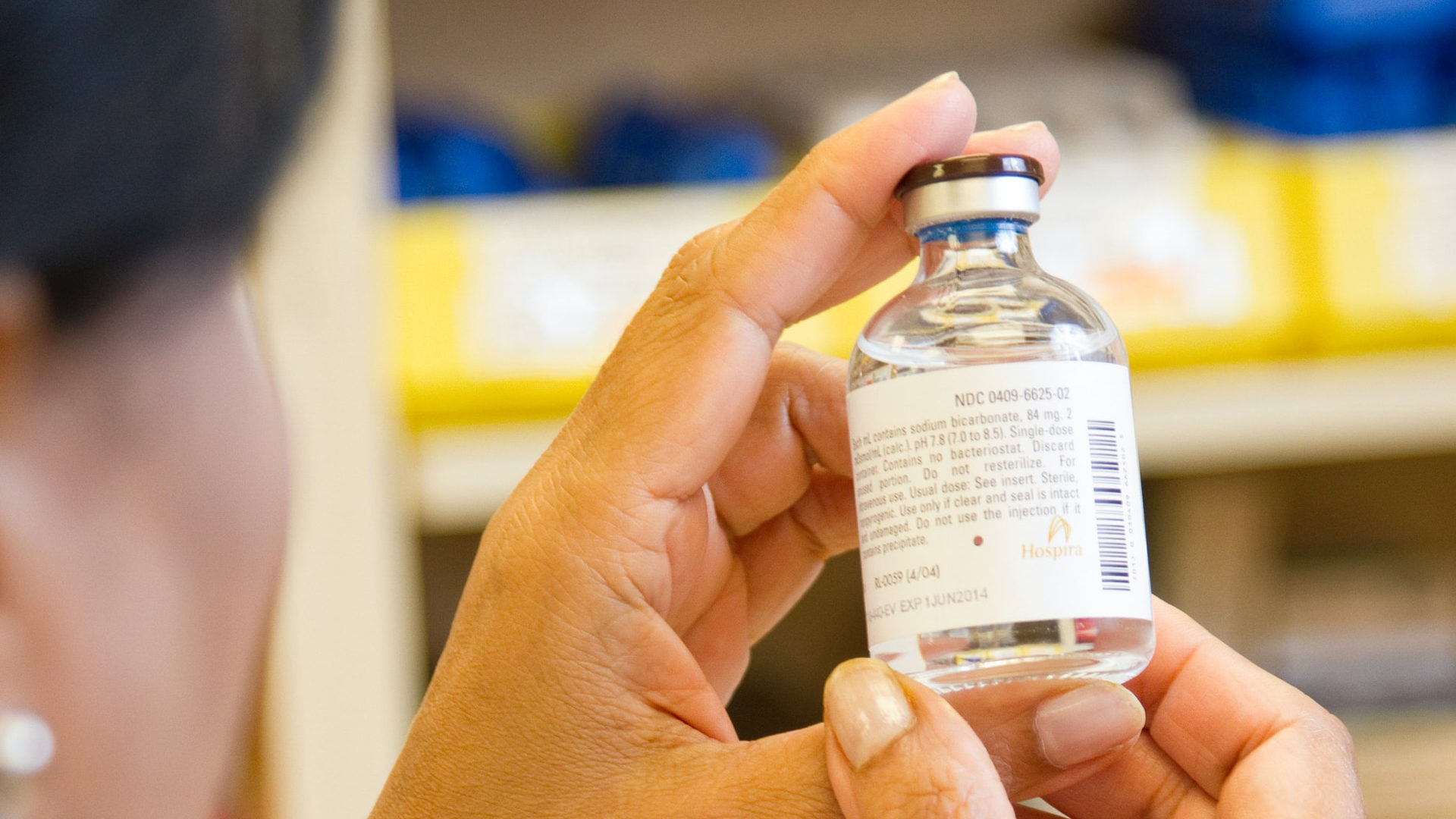News
Blog Series: IP Ingredients, Part 1: Can you patent a recipe?
November 2023
A patent is a legal right that enables the patent holder to prevent others from making and using their invention in the country where the patent is granted. To many people, the word “invention” is suggestive of a highly technological innovation, such as an electronic device or perhaps a new drug.
While the European Patent Convention does not actually define what an “invention” is (but instead lists what it is not), the term “invention” inherently requires something to have a technical character. However, this does not necessarily equate to “hi-tech”, nor does it limit patent protection to disruptive technologies – patents can be awarded for both ground-breaking innovations as well as relatively incremental improvements, in technical fields as diverse as space craft and chocolate wrappers.
Patents are granted for inventions that are novel and inventive. By “novel”, it is meant that the invention has never been disclosed before, anywhere in the world, in any language. The “inventive” requirement is a more subjective hurdle, but generally means that the innovation is not an obvious development of something that has been done previously.
So, returning to the question, what about recipes? A family recipe that has been passed down through the generations is unlikely to be patentable since it is not novel (unless the family has somehow managed to keep it a well-guarded secret). An idea to substitute one ingredient of a known recipe for another similar ingredient might result in a recipe which is novel, but probably would not be considered inventive under the patent system (unless the substitute ingredient produces an unexpected effect). Presenting the recipe in a stylised form in a new book is an aesthetic creation which is subject to copyright, rather than being an invention.
However, this is not to say that recipes are not patentable. On the contrary, many patents are granted for new food and beverage compositions that provide a particular advantage over previous compositions. For example, Cargill Inc’s European patent EP3496546B1 relates to a chocolate composition comprising particular types of cocoa butter, milk fat and emulsifier, which is said to provide improved colour.
Also in the confectionery field, Kraft’s GB patent GB2575549B covers a chocolate composition comprising soluble corn fibre, thereby enabling the amount of sugar in the composition to be reduced. The problem of reducing the sugar content of drinks while achieving a sweetening profile similar to that of natural sugar is addressed by Red Bull’s European patent EP3342294B1, which claims a sweetening composition comprising a natural sugar, a stevia compound and a tannin, and its use in beverages.
The novelty and inventiveness of a food or beverage composition may lie in a particular combination of ingredients which haven’t previously been used together. Alternatively, the combination of ingredients may already be known, but their use in specific ratios that leads to a surprising effect (e.g. a new taste sensation) may constitute a patentable invention.
So, how do you know whether you have a recipe (i.e. a composition) that might be patentable? Here are a few questions for you to consider:
(1) As far as you know, does your composition include a completely new ingredient, a new combination of ingredients, or a known combination of ingredients in new amounts?
(2) Does the composition provide an advantage over previous similar compositions?
(3) Would it have been obvious to someone working in your field that the new feature (e.g. the ingredient, combination or amounts) would give rise to that advantage? Put another way, was the effect produced by the new feature surprising?
If you have answered “yes” to these questions, then your recipe may be patentable. Keeping a log of recipe developments, in particular noting unexpected effects or how technical difficulties have been overcome, can help you to spot potentially new and inventive compositions (and processes for making them) that may constitute patentable subject-matter. Any potentially patentable inventions should be discussed with a patent attorney before disclosing them to third parties, so that a decision can be made as to whether to file a patent application. As for whether you should file a patent application, we will discuss that question along with wider considerations of IP strategy later in the IP Ingredients series.
For any questions relating to the above, or relating to any aspect of patenting, please contact the author, Dr. Jennifer Bailey at [email protected].
This article was prepared by Partner & Patent Attorney Jennifer Bailey.































